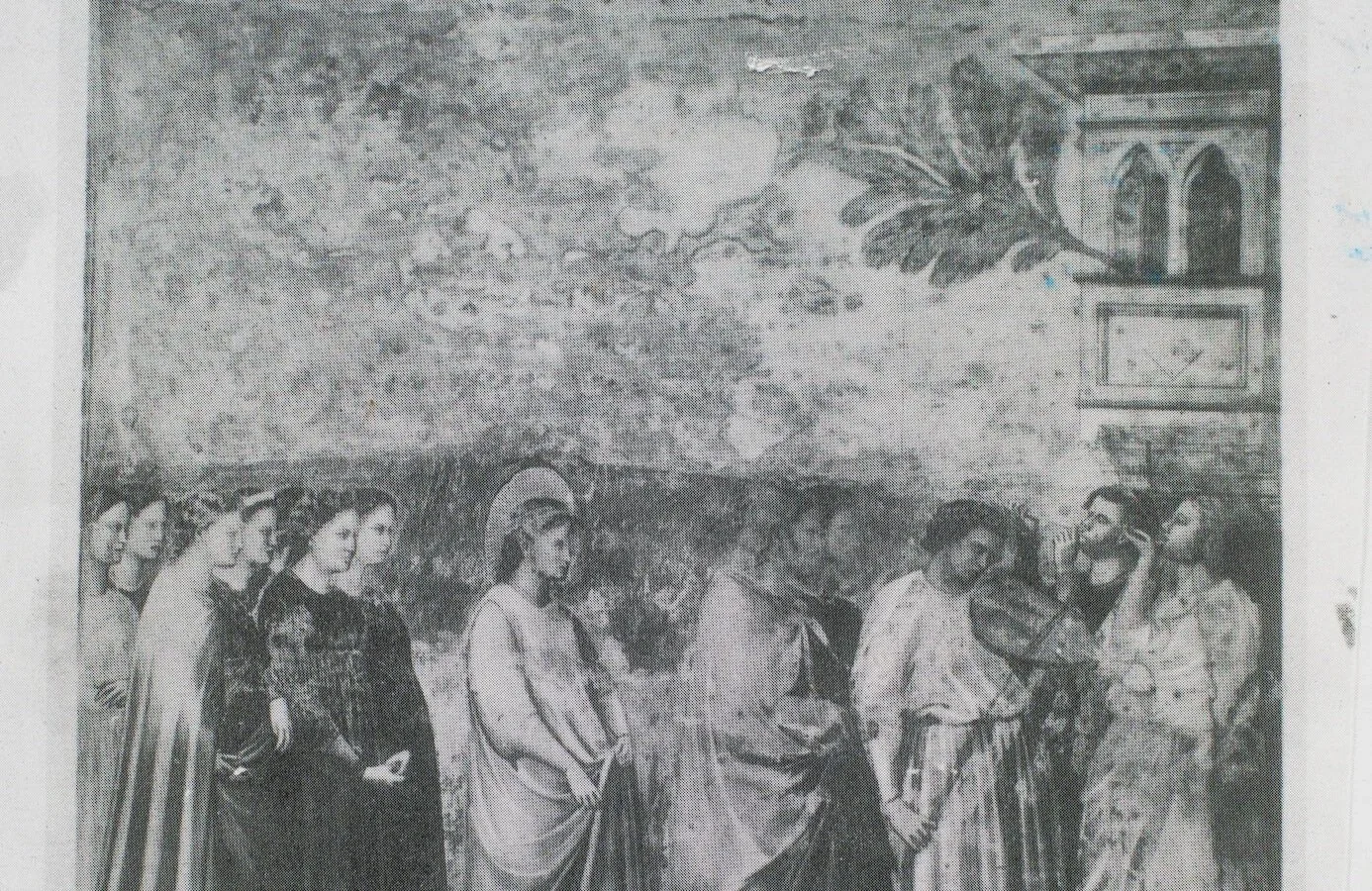Cognitively-Engaged Art & Public Philosophy
“I am Dr. Shottenkirk and I am the founder of talkPOPc: The Philosopher’s Ontological Party Club. talkPOPc is about encounters and about how we, together, build thought. I have my thoughts, in philosophy and in art, but that’s only the beginning. talkPOPc is about leaving the swirling motion of the city aside and engaging in meaningful conversations. For both art and philosophy are just conversation. But it is more than that— it is about all that lies within conversations: listening. thinking. speaking. For there is no thinking without speaking, no speaking without listening and no listening without thinking You have to listen to others, so we at talkPOPc go out into the world and ask: “So, what do YOU think?” Once a month, sometimes in a deli, or a park, or bar, or a bodega, I, or another philosopher has a one-to-one conversation with you. That way, the city speaks to the city, the city listens to the city. The city thinks. You think. For yourself. But not alone.”
Change happens when people talk.
talkPOPc is a nonprofit 501(c)(3) project that brings art and philosophy into public conversation. We explore how knowledge is formed — and how conversation shapes what we believe.
Founded by philosopher and artist Dena Shottenkirk, talkPOPc combines painting, philosophical writing, and one-to-one public dialogue to investigate major ideas in a shared, accessible way.
How It Works
Each talkPOPc project focuses on a single philosophical topic — such as Nominalism, Censorship, or Art as Cognition.
For each topic, three elements work together:
Philosophy – A book or written project develops the core ideas.
Art – A series of paintings visually explores the same questions.
Conversation – We host one-to-one public dialogues between a participant and a philosopher, moderated by our puppet host, Popsey.
These conversations are not lectures. Participants are asked a simple question: “What do you think?”
Their responses are incorporated into the process itself. Participants’ are recorded for our Podcast, and their words inform Shottenkirk’s creative and intellectual processes, making visible the social process of thinking together.
The Artistic Practice
Giotto Scrovegni, The Virgin’s Wedding Procession


